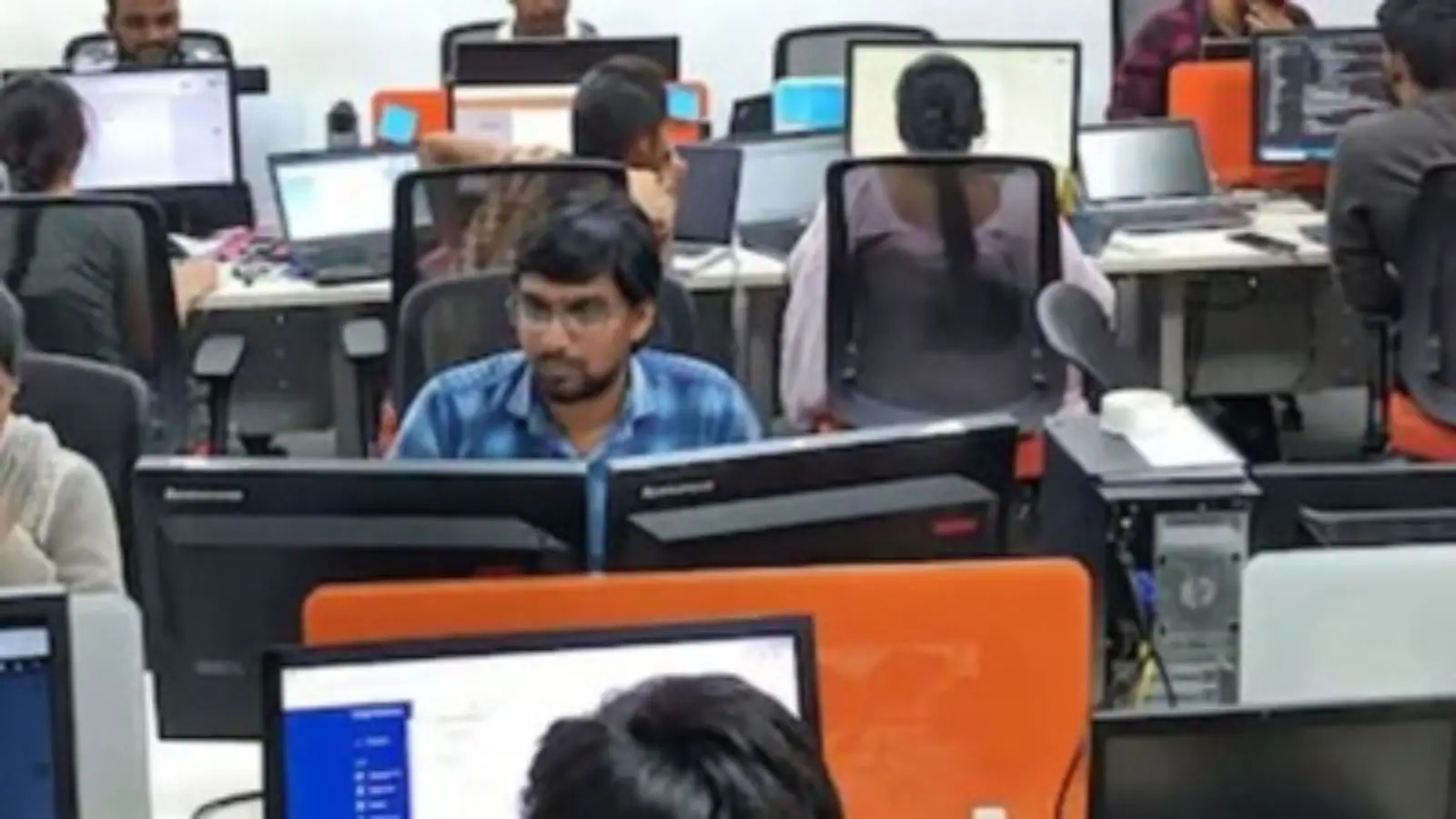Copyright evoke

So finally, it seems women in Ireland have something that might feel like progress in trying to control the epidemic of domestic violence against us. On the face of it, Jennie's Law - a proposed new register that will include information on people with a history of serious domestic violence convictions - is something to be celebrated, a long overdue move that might make a difference to our safety. But I just think it's a hollow victory. For too many women, it's a case of too little, too late. This week alone, we've seen such an atrocity in the case of John Hoey, who attacked his pregnant partner while she was trying to relax in the bath - viciously beating her with a toilet brush, holding her head under water, trying to strangle her, and causing the mother of his unborn child to pass out. Then came the sentencing of Josh O'Brien, who stabbed his 21-year-old former partner, Niamh Kelly, 50 times, leaving her with lifelong injuries and a fragment of the blade still lodged in her skull. His lawyer said O'Brien 'loved her very much'. I know defence counsel have a job to do but in the context of such horror, those words jar, to say the least. Jennie's Law cannot come a moment too soon. We have been shoddy in protecting women in Ireland, lagging years behind other countries in making even the smallest gesture toward safeguarding them. It is something, at least, for the family of Jennie Poole, who have campaigned relentlessly for this legislation over the last four years. But I would not exactly call it a triumph. Nothing can bring back that beautiful 24-year-old mother of two - her life so cruelly snuffed out, her children left forever without their mum. It's a step forward, yes, but one that required a woman in the prime of her life to be brutally murdered in her own home. Jennie wasn't supposed to die on that Saturday night in April 2021. She pleaded for her life. In the trial of her partner Gavin Murphy in April 2025, a neighbour recalled her terrified scream - 'Please don't do this' But Murphy did, stabbing her seven times and, unimaginably, with Jennie's four-year-old son inside the apartment as his mother lay dying. When she'd met Murphy a year earlier, she couldn't have known - or have imagined - the darkness he carried. She welcomed him into her home, into her world. In those early days, she didn't know that he had a history of violence against women, and at the very least, she should have been able to find out. If there had been a register similar to the Domestic Violence and Abuse Disclosure Scheme in the North when Jennie was still alive, possibly one of her worried friends - who took a photo of Jennie's injuries the day before she died - might have checked. Maybe it would have changed the tragic outcome. Maybe not. We'll never know. Back in April 2022, during Murphy's sentencing, Judge Paul Burns called it 'yet another case of a violent attack upon a young mother by a male partner' - and those words echo still. Why must it always take the ultimate act of violence to spur action? Jennie didn't want a law named after her. What woman does? A law that bears your name usually means you are no longer alive to see it; a life lost to violence or misadventure. Take Clare's Law, introduced in England and Wales in 2014, which was named for Clare Wood, murdered by her ex-partner despite his extensive record of abuse. Jennie's Law follows in those footsteps - too late for her, but perhaps in time for someone else. There's no question that a public register of this sort is a positive step. Anything that stops the quiet shielding of those who harm and lifts the veil of shame carried by victims instead of perpetrators is a welcome move. Anything that empowers women to make an informed choice - because we are vulnerable by our very sex - is progress. We all know at this stage that the most dangerous place for a woman is in her own home. It's a basic human right to have safety and dignity in a place where we live and love and raise our families - and yet this is far from the case in modern-day Ireland. In 2024, Women's Aid revealed the highest number of contacts in the organisation's 50-year history. And this catalogue of abuse is only what is being reported; we all know that the cases we hear about are just the tip of the iceberg. The reality is this - one in four women in Ireland is subjected to domestic abuse, of which there is a horrifying spectrum. A third will suffer in isolation, telling nobody what is happening to them. And some - like Jennie Poole, Clare Wood and countless others - will pay the ultimate price. So while it's great that we are finally taking domestic violence out of the home by highlighting awareness, we need to make inroads to ensure it's not there in the first place. That will take education, the dismantling of misogyny, zero tolerance for gender-based violence, and a system that listens to women and acts before it's too late. Maybe Jennie's Law signals the start of that journey. I truly hope so.



